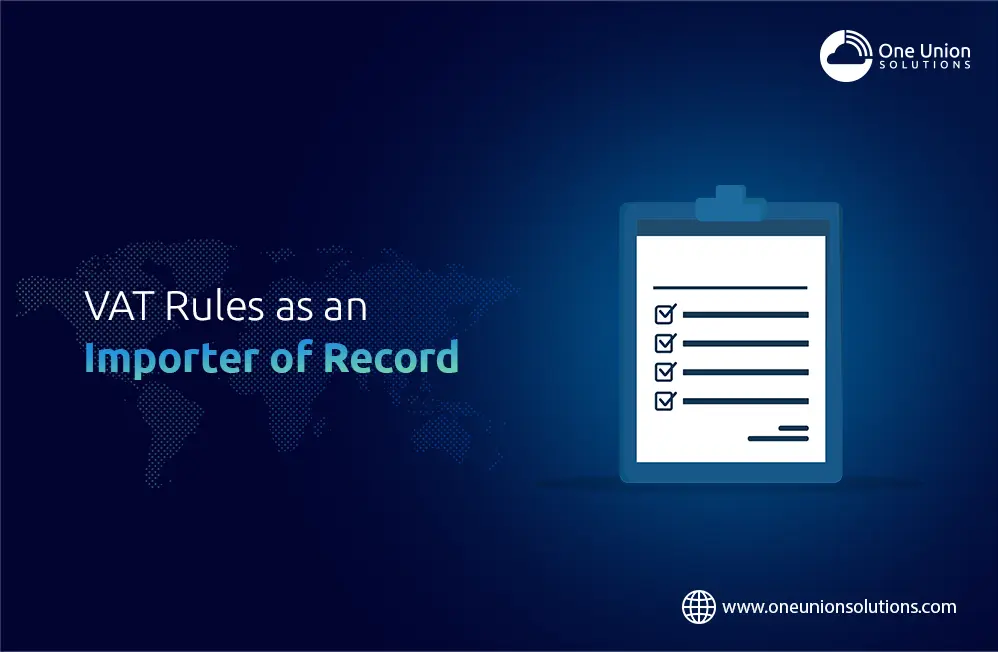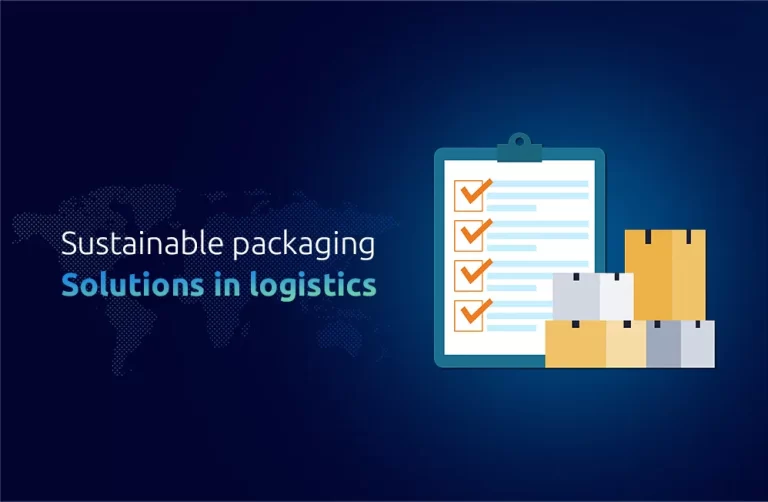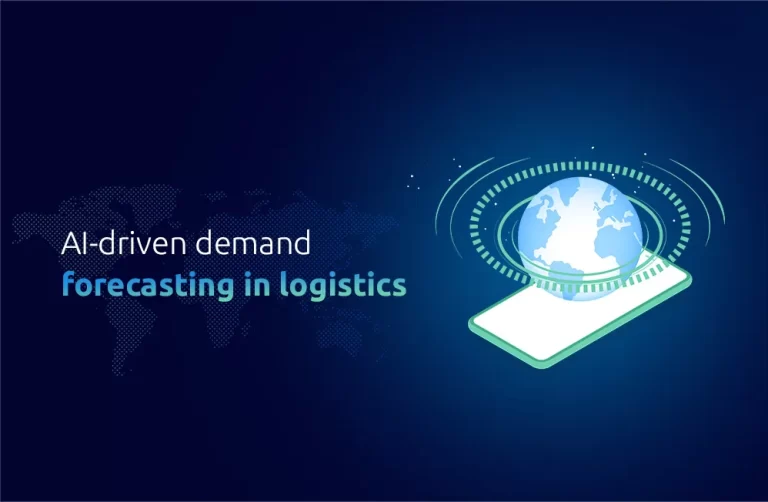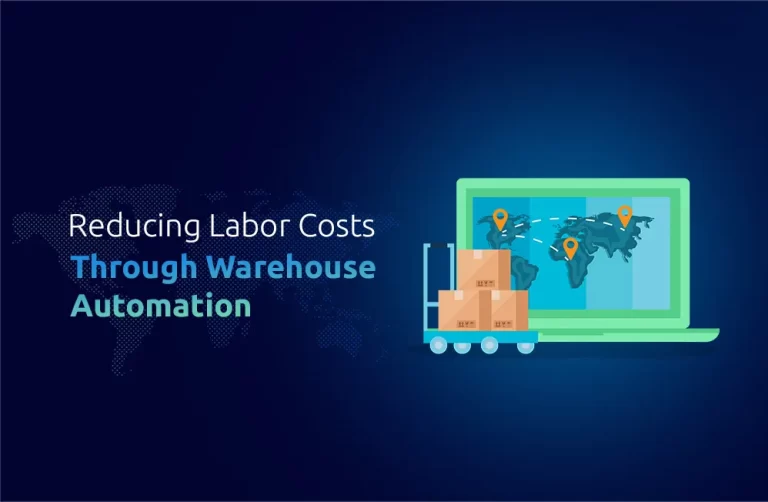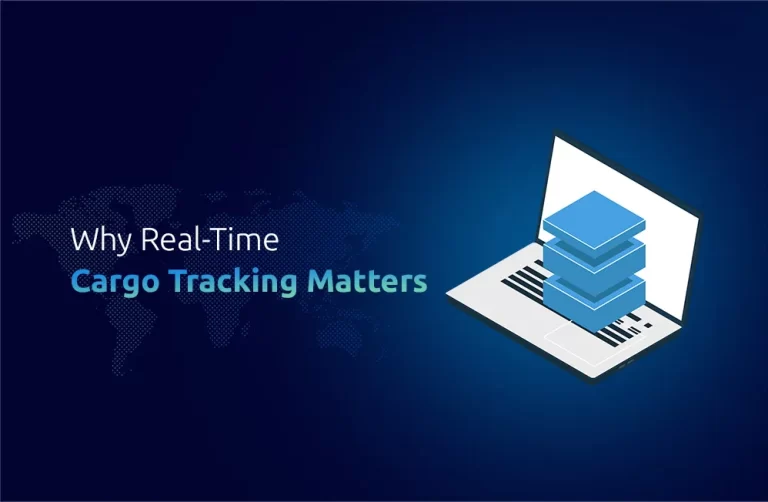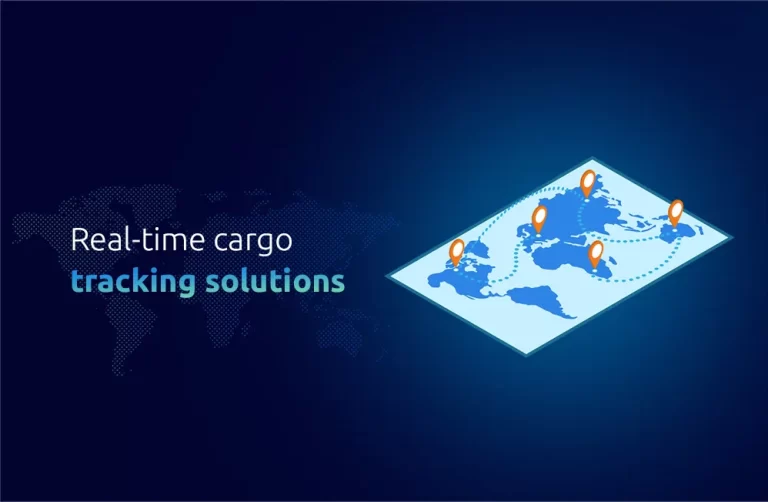VAT is a consumption tax imposed on the added value of products and services at each step of production or distribution. Navigating VAT legislation is critical for importers of record to ensure compliance and successfully manage expenses. Here’s a comprehensive look at the important points importers should be aware of.
-
Record Importer Described
Ensuring compliance with destination country rules and regulations regarding imported goods is a crucial responsibility of One Union Solutions. This includes duties like paying taxes, clearing customs, and providing accurate documents.
-
Fundamentals of VAT
VAT is added to the value of the commodities at the point of importation. It is typically calculated using the item price plus shipping and insurance charges. VAT rates vary by country and generally fall within a percentage range.
-
Registration for Value-Added Tax
Many countries require importers who exceed a specific threshold to register for VAT. This registration entitles them to collect and remit VAT on the government’s behalf. Failure to register might result in fines and legal problems.
-
Calculating VAT
Applying the proper VAT rate to the imported items’ customs value is the process of calculating VAT. The transaction value, which includes any additional expenses incurred until the products arrive at their destination, is the source of the customs value.
-
Deferred VAT and VAT Payment
Usually, One Union Solutions might choose to pay VAT right away upon importation or to postpone payment. By deferring settlement to a predetermined time, deferred VAT enables cash flow management and is frequently consistent with the filing of regular VAT returns.
-
Reliefs and Exemptions from VAT
Depending on their nature or intended purpose, some commodities may be eligible for VAT exemptions or relief. You can avoid paying VAT that isn’t necessary by being aware of and following the specific rules that govern these exemptions.
-
Reverse Charge Mechanism
In certain cases, the reverse charge mechanism allows the VAT payment responsibility to shift from the importer to the buyer. This typically applies when the buyer is VAT-registered and the supplier operates from a different country.”
-
VAT Documentation and Compliance
Documentation accuracy is critical for VAT compliance. For VAT reporting and audits, importers must keep records of import transactions, invoices, customs declarations, and other necessary documents.
-
VAT Recovery
VAT recovery techniques allow enterprises participating in both taxable and exempt operations to reclaim VAT spent on goods and services used for taxable reasons. Understanding and optimizing this process has the potential to result in significant cost reductions.
-
Effects of International Trade Agreements and Brexit
VAT responsibilities for businesses like One Union Solutions engaged in international trade can be significantly impacted by modifications to trade agreements and regulations, such as those resulting from Brexit or geopolitical shifts. Compliance requires keeping up with these changes.
Conclusion
For One Union Solutions, a thorough grasp of international trade laws, customs processes, and tax legislation is necessary to navigate VAT requirements as importers of record. Following these rules impacts the company’s finances in addition to guaranteeing legal compliance.
We place great importance on maintaining constant watchfulness, getting expert counsel as necessary, and keeping up with modifications to VAT regulations. With this information, the business may reduce costs, optimize processes, and stay competitive in the international market.
FAQs
1. Do Importers Need to Register for VAT?
Generally, importers who exceed the destination country’s designated VAT registration threshold are required to register for VAT. But each nation has different standards and thresholds. It is advisable to review the policies of the local tax authorities or speak with a tax expert.
2. Which Records Are Needed to Comply with VAT?
Bills of lading, trade invoices, customs declarations, and any certificates the importing nation may want are all considered essential documentation. For VAT compliance, keeping precise records of these documents is essential.
3. How Is Imported Goods VAT Calculated?
Usually, the customs value of imported items is used to compute VAT. It entails adding the cost of the products, transportation, and insurance to the customs value and applying the relevant VAT rate.
4. Can I Get My Refund for Imported Goods VAT Paid?
Indeed, it is frequently feasible to reclaim VAT paid on commercially imported items. However, depending on the nature of the belongings and how they will be utilized, each country may have distinct VAT recovery procedures and restrictions.
5. How Does Value-Added Tax Affect International Trade?
Complex VAT issues are frequently associated with cross-border transactions. In order to reduce tax obligations and guarantee compliance, it is crucial to comprehend the VAT treatment for import/export operations, including any applicable exclusions or reliefs.

